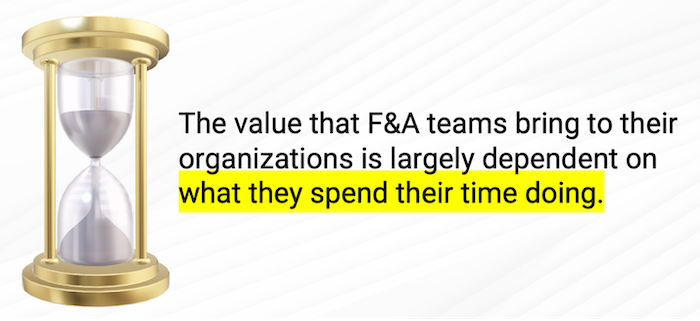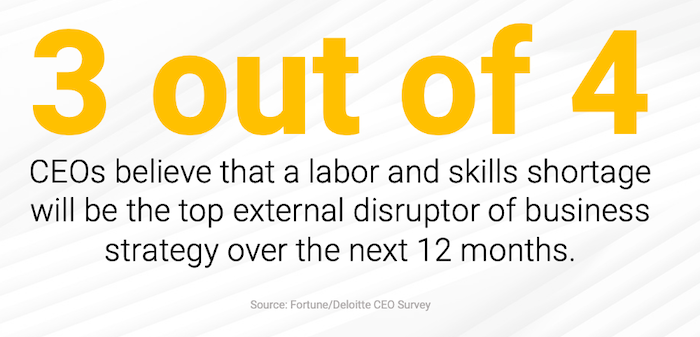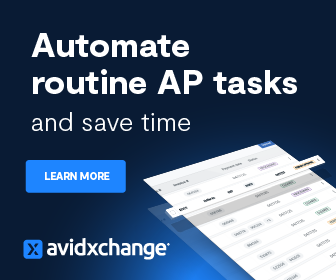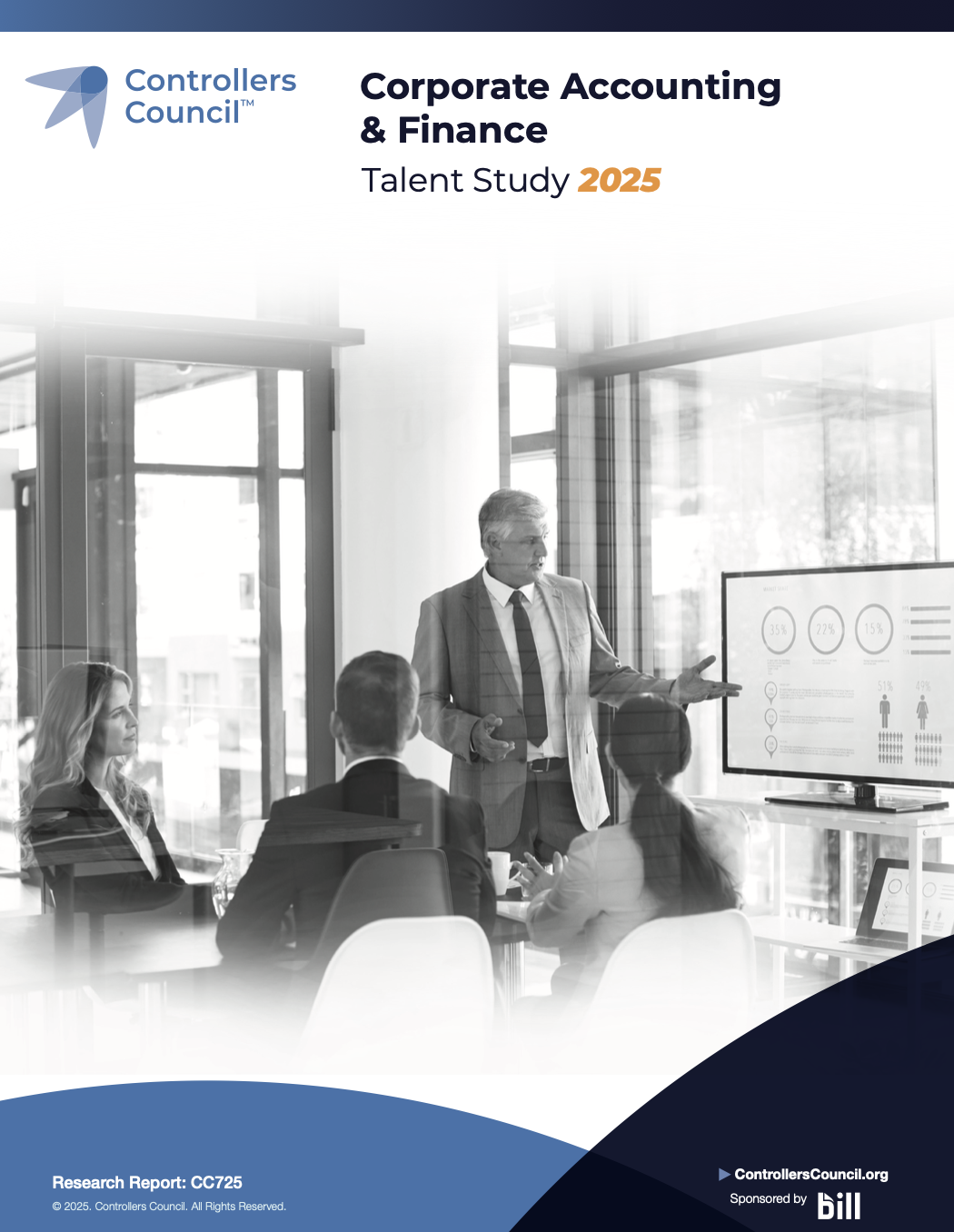Every business executive knows it—employees are the lifeblood of the organization. Finance and accounting leaders know something else. Hiring and retaining good people—the right people, considering today’s requirements for increasingly sophisticated skill sets—is more challenging than ever before.
That’s because as much as much as today’s F&A managers value data analytics, there’s still a pressing need to handle the day-to-day, period-to-period accounting tasks associated with compliance and governance. It’s often the accountants who face this dilemma and, by extension, the controllers who are managing and hiring them.
How well the controller navigates the challenge, through effective hires and a sound retention strategy, will go a long way toward determining the longer-term success of the F&A function and, ultimately, the business itself.
Industry in Crisis
With Covid lockdowns now mostly a thing of the past, businesses are moving quickly—or trying, if they can find the employees—to capture new markets and expand market share.
Adding to this pressure, M&A activity continues to be strong after setting records in 2021. In a 2022 report, Morgan Stanley noted that 2021 was a record-breaking year for global mergers and acquisitions, and that “the key elements that made the 2021 market so strong are largely in place.”

Still, many businesses are hindered by the lack of qualified employees.
One reason: new workers are harder to find and hire than before the pandemic. According to global personnel consultants Robert Half, professionals who, after initial interviews, have “ghosted” would-be employers rose by nearly 40% since the pandemic started.
Another reason: employees are more likely to become dissatisfied and leave their jobs than in the recent past. A March 2022 CNBC story, “The Great Resignation Continues, as 44% of Workers Look for a New Job,” notes that a US survey showed that nearly 4.3 million Americans quit their jobs in January 2022, just shy of the record that was set in November 2021. In a 2022 study, workplace consultant Comparably points out that “while 6.3 million people got new jobs last year, there are still 4.6 million openings left unfulfilled and 58 unemployed people for every 100 of those available jobs.”
F&A Worries & Costs
Included in all these findings are, of course, finance and accounting professionals. Controllers, CFOs, and other finance leaders are no less worried about the problems of hiring and retaining F&A pros than are their general business peers.
This is true across finance, regardless of industry. Studies have shown that most CFOs agree that finance organizations are facing a talent crisis and that they’re not confident they have the talent mix to meet business objectives.
Without the right mix, says BlackLine’s Vin Messina (a CPA who spent seven years in public accounting before turning to a career in financial software), the F&A function can become a disruptor—rather than a catalyst—for the finance department, and in some cases the business itself.
“There are significant costs that come from poor hiring and talent management. A big one is opportunity loss. If your people aren’t doing work that makes you more competitive, you’re losing on the back end of whatever work they’re doing. If you’re not leveraging F&A guidance for the next merger or acquisition, you might end up overpaying.” Vin Messina
“Another cost is in low productivity and turnover. If you can’t get the right people for their jobs, productivity will suffer. And if you can’t get good people to stay in their jobs, you’ll be spending more time and resources than you should to find new ones.
“In either of these cases your bottom line will suffer. Worst case, you won’t get the kind of financial guidance you need for strategic initiatives.”

A Double-Edged Sword
The challenge for F&A management is twofold. CFOs, controllers, and other F&A managers must find ways to maintain the organization’s daily and period-to-period accounting tasks while at the same time engaging and motivating their employees to bring their analytical skills to the organization.
“As accountants we’ve typically always been in charge of governance, control, compliance, reporting, and so on,” says Messina. “Then a movement began six or seven years ago to push accountants into strategic guidance, to help the organization with everything from pricing strategies to mergers and acquisitions.
“This is what accountants are doing now. But they’re also tasked with regular compliance work. As for CFOs and controllers, they need to find new hires who can do both, and that’s a struggle.”
This points to the chief challenge for controllers: being asked to do more—much more—by the organization. They’re asked to expand their business partnering, to make their accountants’ analytics skills available to finance, marketing, operations, and the executive suites, while at the same time maintaining best-in-class accounting operations.
And the ask grows more daunting by the day, says Messina.

“We’re living in a data-rich world. The problem is that every year there are more layers of data. Someone has to make sense of that world, and controllers and CFOs are getting intense pressure to respond with good hires.”
Lowered Confidence
Adding to the challenge facing controllers is the fact that many C-suite executives and finance professionals are not confident that F&A can supply the skills or the related business acumen necessary to cope with the mounting influx of data. In a global survey conducted by research company Censuswide in late 2021:
- 35% said that not everyone in their finance team has the skills to help with more strategic work
- 38% of respondents said not everyone on their finance team has the broad business leadership knowledge or skills required today
- 34% said F&A is failing to keep up with other areas of the business in digital transformation
- 36% said it’s difficult to find new candidates with both technology and F&A skills.
The good news is that company leaders are willing to invest in talent acquisition, with 24% saying they’ll invest heavily.
Making the Investment Work
Key for the controller is how best to use that investment. Based on interactions with thousands of successful companies around the world, BlackLine offers these insights to success in keeping and hiring the best people possible.
Find ways to retain and retrain current staff
“Hiring is costly,” says Messina, “But turnover is even more costly because you’ve already spent time and effort in bringing people onto staff and up to speed. Accountants want to be engaged, to feel like they’re contributing, and that’s what makes them want to stay working for an organization.”
In today’s data-driven world, that engagement means putting analytical skills to use and, more than ever, partnering with the organization’s business units. The controller should find ways to retrain and challenge accountants to develop their analytical skills. This means cutting back on the transactional work they do by automating rote accounting tasks, and then finding opportunities to extend training in strategic analytics.
Attract good hires with a commitment to data analytics
“Years ago, the controller would evaluate a potential hire by a few basic parameters. Do they have a CPA? Big Four experience? Questions like that. Now that’s just the price of admission,” Messina says.
Today’s controllers should also be looking for candidates who want to use technology to challenge the status quo. To attract these people, the controller should emphasize the company’s commitment to data analysis and its potential impact on business units as well as finance and accounting.
“This means playing to the accountant’s mental model,” says Messina. “Accountants like to think a certain way. Give us some transactions and some history and we’ll put together a puzzle that may help with the next corporate decision. If accountants can feel this level of involvement, or potential involvement, with the business, they’ll be likely to think seriously about joining the company.”
Work with top management to make employment as attractive as possible
Realize that today’s new hires are likely more demanding than ever before. For instance, research by Robert Half showed that schedule flexibility was nearly twice as important to candidates as were salary expectations.
Controllers should therefore work with upper management to make employment as agreeable as possible for the prospective new hire. One tactic: encourage a hybrid workplace, where employees can choose to spend some of their working hours at home, away from the office. Another: offer robust training opportunities for new employees by leveraging online opportunities to upgrade skill sets, and make sure they have the time to take advantage of these opportunities.
How Technology Can Help
Process automation helps by freeing up accountants from a range of repetitive manual tasks associated with spreadsheet-based accounting—everything from ticking and tying transactions to hunting down documentation via emails and phone calls. They can spend more time working on and using analytics skills to help other units of the business assess strategic initiatives.
Cloud-based automation goes further, making it possible for accountants to work remotely while still getting full visibility into the data they need to do their jobs. This was a major benefit during the Covid lockdowns and continues to this day by offering flexibility in working hours and locations. It’s important, though, that cloud automation vendors possess full security credentials. BlackLine, for instance, has ISO/IEC 27018:2019 and ISO/IEC 27701:2019 certifications, the latest in the ISO/IEC series of international protocols.
To get started with process automation, companies can see immediate benefits by automating time-consuming tasks—the low-hanging fruit. Examples are core subledger and financial close activities such as applying cash to open invoices, preparing reconciliations, or submitting corrected journal entries. Once in place, cloud-based process automation also supports co-worker collaboration, replacing time-wasting video calls or emails with digital reviews and approval workflows.
Perhaps most important, automation represents an attractive inducement for potential new hires because it cuts down on the tedium of everyday accounting and opens the potential for advancement to more creative professional opportunities both in and beyond finance and accounting.
Get your copy of this exclusive playbook to win the war for retaining and attracting F&A talent. Learn strategies to reimagine F&A for the future of work, including how to:
- Design a digital hybrid workplace that Accounting will love
- Equip your organization to fight digital burnout
- Automate away the soul-sapping work that makes accountants leave




